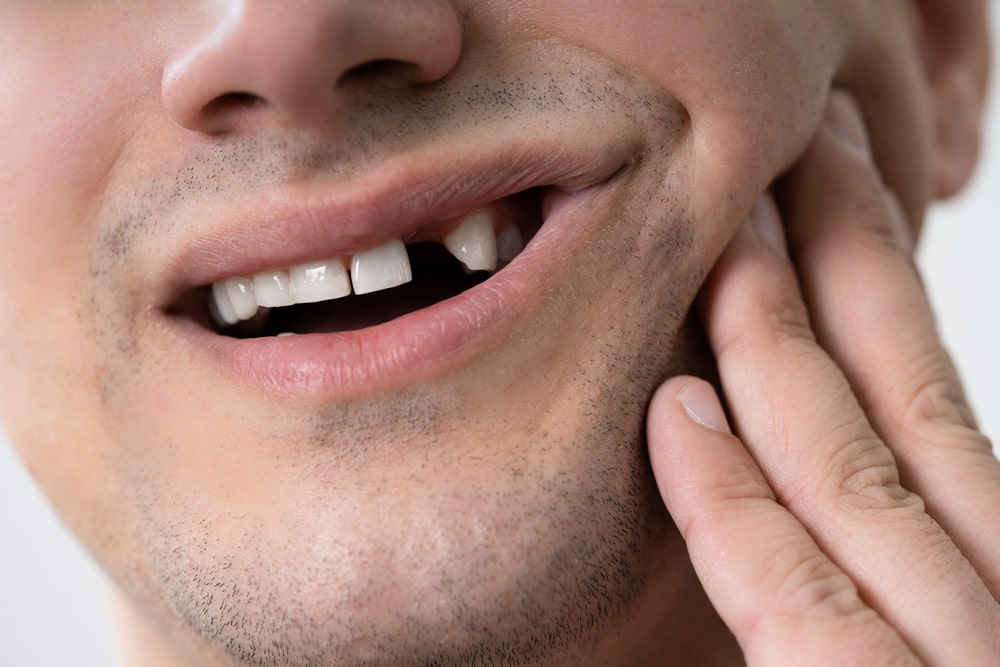Missing teeth can have a detrimental effect on quality of life, impacting speech and dietary habits. Dr. John Arroyo and Dr. Jeremi Arroyo offer replacement options in their Washington, DC dentist office for patients who have lost one or more of their teeth due to an accident, injury or disease.
Washington DC dentists, Dr. John and Dr. Jeremi Arroyo will perform a thorough exam and discuss a patient’s dental health and cosmetic goals before recommending appropriate treatment. The goal of tooth replacement is always to restore both oral health and the patient’s quality of life with results that are lasting- and comfortable!
Why Replace Missing Teeth?
Missing teeth should be treated as quickly as possible. Once a tooth is lost, the bone begins to deteriorate. It will continue to deteriorate if no treatment is sought, making replacement options more and more difficult and potentially affecting other teeth.
Treatment Options for Missing Teeth
- Dental Implants – Dental implants are the most lifelike replacements for missing teeth. They are a permanent solution for tooth loss, with a success rate over more than 95%. Dental implants are virtually indistinguishable from your natural teeth and allow normal eating and speaking function, without daily maintenance.
- Dentures– Dentures replace either the top or bottom teeth, or both. District Dental Solutions offers a variety of dentures including implant supported dentures which offer better retention and long term benefits compared to traditional removable dentures.
- Dental Bridges – Dental bridges can be used to replace one or more missing teeth and are secured to existing teeth. There are many types of dental bridges available including implant secured dental bridges which are permanent and extremely long lasting.


